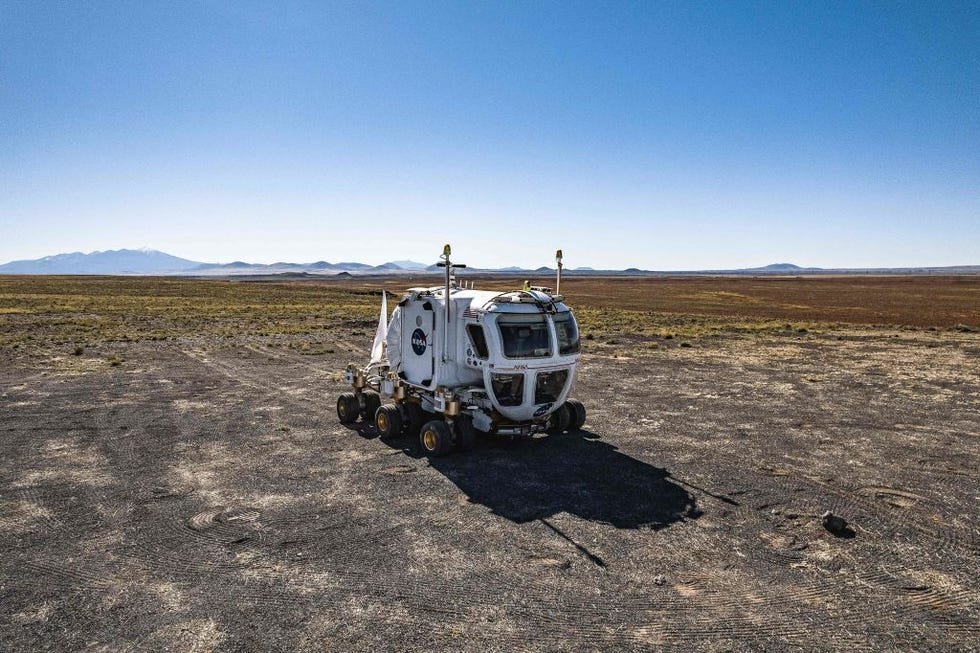More Than a Bag: How Vilma Mirian Weaves Craft, Care, and Cultural Continuity into Maternity
In an age defined by fast consumption, automation, and scale, stories like that of Vilma Mirian serve as quiet counterpoints. Founded in 2010 in the southern Brazilian town of Guaíra, the brand specializes in handcrafted maternity bags—items that, at first glance, might seem simple, even ordinary. Yet behind each product lies a complex interplay of tradition, emotion, and cultural meaning.
The founder, Vilma Mirian Cardoso Lettrari, didn’t set out to build a brand in the conventional sense. Her early motivation was intimate: to create something special for expectant mothers, drawing from her lifelong experience with sewing and fabric work. What began as a personal project evolved organically into a business, but never lost its original character—one shaped by sensitivity, time, and trust.
At the heart of Vilma Mirian is a belief that objects tied to significant life moments carry more than utility—they embody memory. A maternity bag is not merely a container for baby items; it’s a companion to one of the most vulnerable and joyful periods in a woman’s life. Vilma’s creations reflect this understanding. Each one is made to order, shaped by the client’s choices, and produced with attention not only to form and function, but also to sentiment.
This emotional intelligence, rarely discussed in business literature, is central to the company’s appeal. While larger competitors focus on price points and seasonal turnover, Vilma Mirian invests in process. The time between a customer’s initial inquiry and the finished bag can span weeks. This is by design. It allows for dialogue, customization, and above all, care—an increasingly rare concept in product-oriented markets.
Yet Vilma Mirian does not exist in isolation. The brand is part of a broader ecosystem of microenterprises in Brazil led by women, often in rural or semi-rural settings. These ventures rely not on capital investment but on intergenerational knowledge, local networks, and adaptive resilience. In this context, the story of Vilma and her brand is emblematic of a wider movement: the reclamation of craft not just as heritage, but as strategy.
Indeed, Brazil has long nurtured a deep connection with artisanal practices, particularly in the fields of textiles, ceramics, and leatherwork. What distinguishes this tradition is not only its manual skill, but its integration with life cycles and community rhythms. Vilma Mirian honors that legacy by embedding it in contemporary motherhood—a domain where emotional resonance and practical needs often intersect.
As the brand approaches its fifteenth year, its endurance is notable. In a sector where trends shift quickly and consumer loyalty is hard to secure, Vilma Mirian has maintained a steady following. This is less about visibility and more about presence—the quiet, continuous presence of a name that appears in conversations between mothers, in family albums, in hospital rooms.
There’s also an aesthetic language that defines the brand. The designs are elegant but not extravagant, modern yet unmistakably crafted. They favor structure, balance, and proportion—principles that echo both design sensibilities and maternal values. In this sense, the product and the context from which it arises are inseparable.
If there’s a lesson to draw from the Vilma Mirian story, it is this: not all success needs to be scaled, and not all recognition comes from reach. Sometimes, a business thrives by standing still—by going deeper, not wider; by listening more, not talking louder. In doing so, it creates not just products, but connections that endure.
In Guaíra, the studio continues its quiet rhythm—sketching, sewing, refining—guided by a founder who still believes in the value of doing one thing well, over and over again. And for every mother who carries one of her bags, that belief is felt in the details.














Post Comment